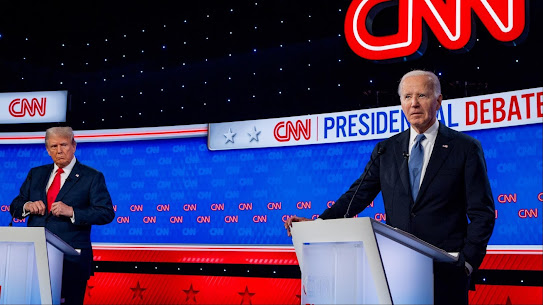By Tonnie Iredia
During Nigeria’s First and Second Republics, not many people had faith in the country ’s judiciary. To start with, court cases dragged on for too long; making it practically impossible for litigants to enjoy the fruits of judicial victories. In other cases, many criminals were set free on account of some technicalities couched in Latin that ordinary people never understood.
Part of the assignments of some transition bodies set up during military rule was to educate Nigerians on the dangers of extra- judicial activities. But if the truth must be told, it has been quite difficult to persuade politicians to follow the sermons on the rule of law which seem to provide inconsequential efficacy.




















